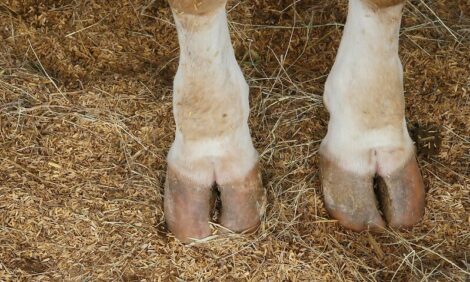



Food Safety Becomes National Priority
CHINA - The State Council pledged on Tuesday to solve food safety issues in three years, but effective supervision and punishment of those breaking the law is the key to accomplish the ambitious target, analysts said."China's food industry still has many safety risks and illegal actions happen often," said a statement released by the State Council.
The government will launch a crackdown on food plants and individuals endangering food safety to significantly improve the situation in three years, the statement said.
Also, the country will establish a better regulation mechanism, legal and standards systems, as well as technical support systems, to improve the overall food safety management level in about five years, according to the statement.
"Major food safety problems are mainly related to production issues, such as the use of illegal additives and illegal food processing in small plants," said food safety expert Dong Jinshi, executive vice-president of the International Food Packaging Association in Beijing.
Food safety has become a major concern for Chinese consumers after a string of cases surfaced, including melamine-tainted baby formula products and pork contaminated with clenbuterol.
According to the State Council statement, food safety will become a measure of local governments' performance in their annual assessments. A database of food companies' safety records will also be established. Blacklisted companies' names will be made public and the companies will be punished.
Local quality authorities must also prevent expired food products from returning to the market, while consumers will get cash rewards for exposing substandard food products, the statement said.
Li Chang'an, a public policy professor at the Beijing-based University of International Business and Economics, said that some local officials have been held responsible for severe food scandals in the past few years.
"But this is the first time that the country will launch long-term measures, which explicitly stipulate that officials will be accountable for food safety issues," he said.
However, analysts are worried that the measures in the statement will not be easily implemented because they lack details on officials' responsibilities and punishments.
"Safety problems with milk and the use of illegal additives in milk still exist after the melamine-tainted milk scandal in 2008," said Wang Dingmian, former vice-chairman of the Guangdong Dairy Industry Association.
"Punishment for food companies and officials with illegal operations in the food sector are always too light, which is the main reason for the prevalence of the food scandals," he said.
In 2011, several food safety scandals were exposed, including restaurants serving food cooked with "gutter oil" - illegal cooking oil recycled from kitchen waste, decomposed animal fat and organs from slaughterhouses.
"Many local government officials are only concerned with economic development. When food accidents happen, some of them just try to conceal them," Mr Chang'an said.
Further ReadingGo to our previous news item on this story by clicking here. |







